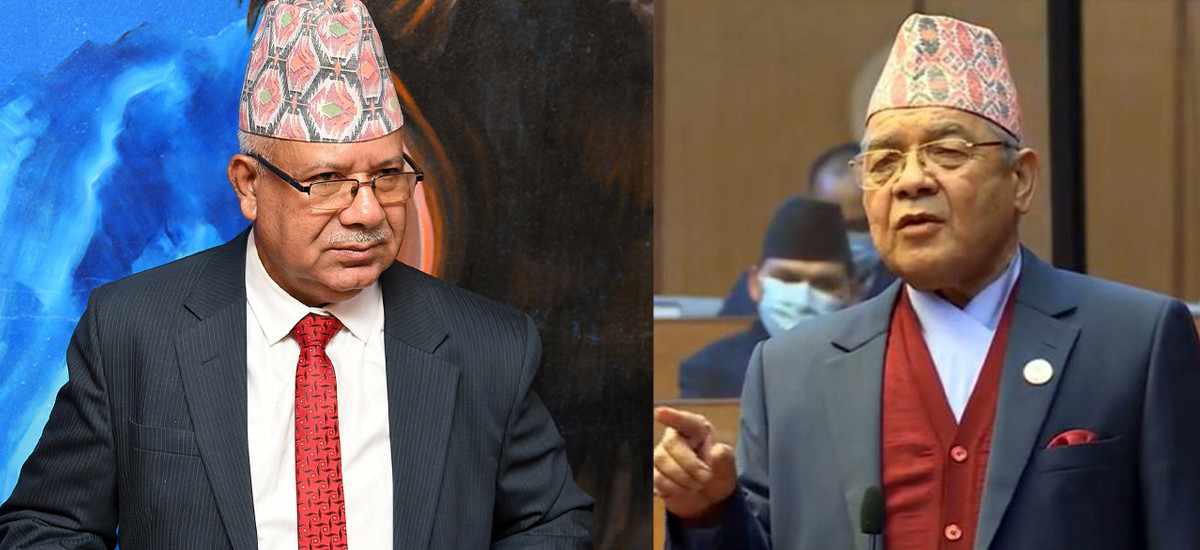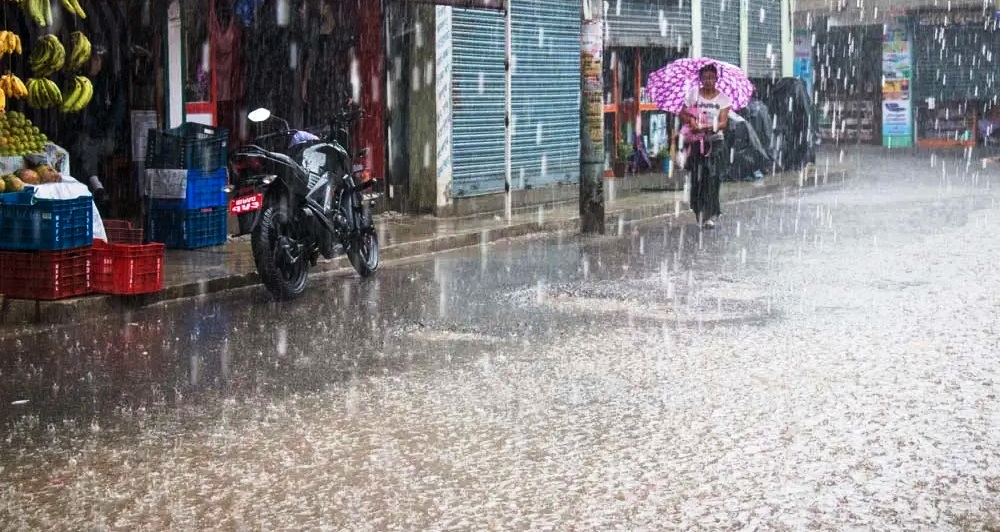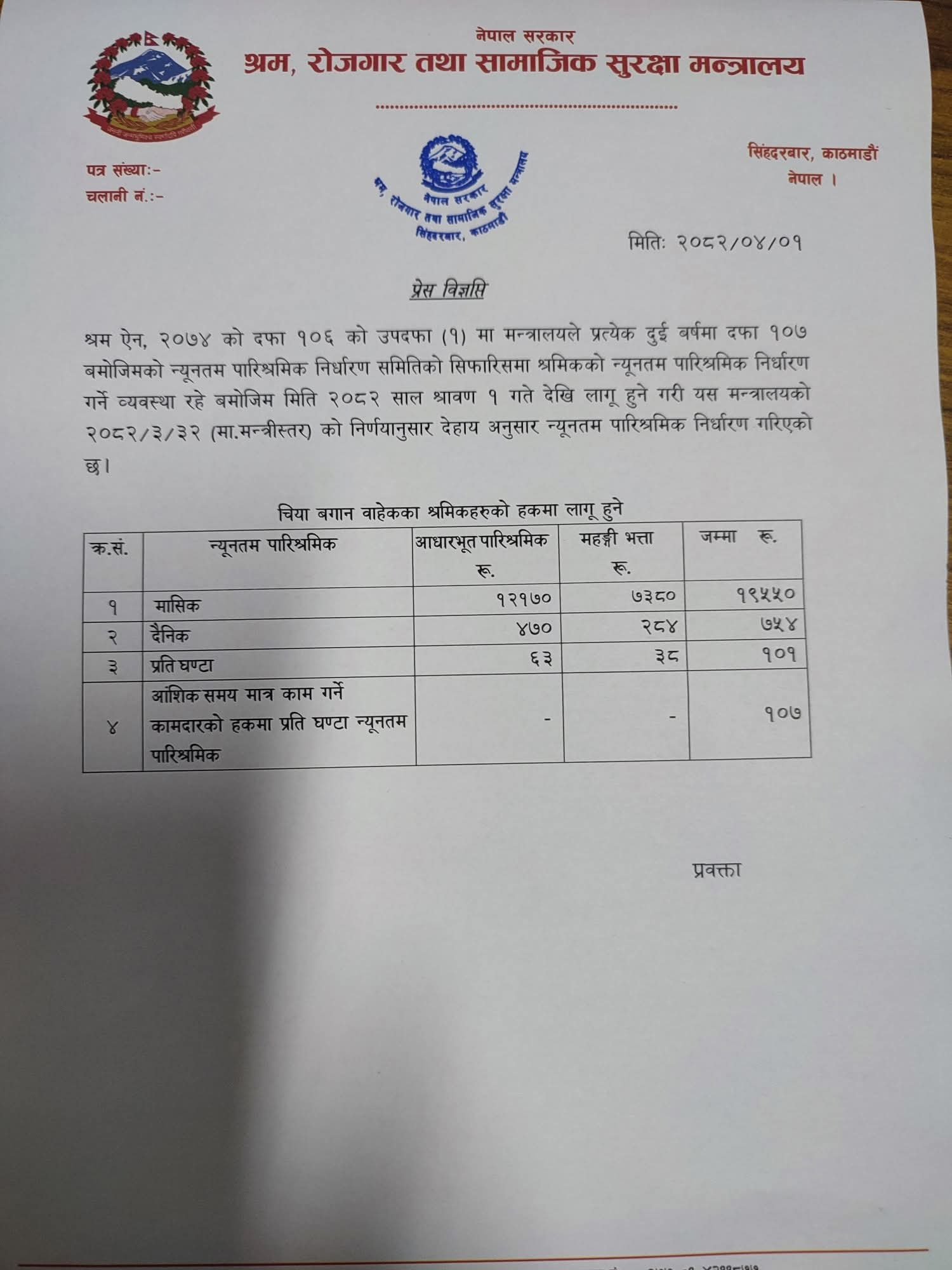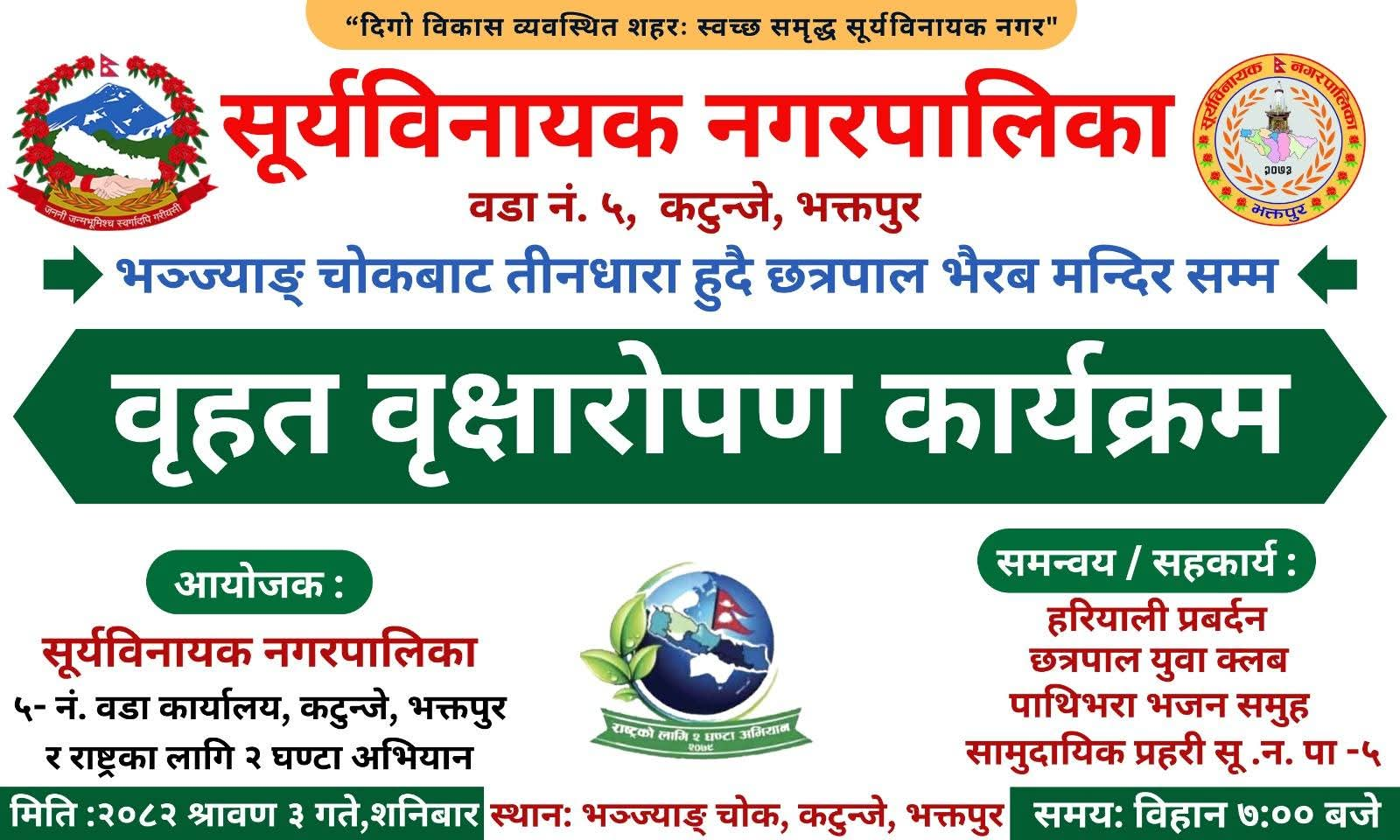I, as an exiled Bhutanese citizen, prisoner of conscience, human rights activist, and elected public representative from southern Bhutan to the National Assembly from 1973 to 1984 and royal advisory councillor elected by the National Assembly of Bhutan on 30th November 1984, would humbly like to put down the following points for Your Excellency’s kind consideration.
Until the early 1980s, all the Bhutanese citizens were living happily and in harmony but in 1988 there was a drastic change in the attitude of Bhutanese Government. New rules and regulations were introduced with the rhetoric of “One Nation One People” that particularly affected the Lotshampas.
The Citizenship Act 1958, passed by the resolution of National Assembly of Bhutan was revoked and a new Citizenship Act 1985 was implemented, without the consent of the National Assembly, with a strong intention of making as many Lotshampas stateless as possible.
Then, as a responsible public representative, I reported about this grievous national issue to the king for rational justification. But, to utter surprise of the most southern Bhutanese, the king ordered my arrest. I was detained in police custody, where I was inhumanly humiliated and tortured. I was released on the third day after a written agreement that prevented me from meeting more than three persons at a time.
As I started feeling trepidation in my own motherland, I was compelled to enter India and then to Nepal for safety and security. Eight months later I was kidnapped from Nepal by Mr. V. Namgyal, the then ADC to the king of Bhutan, and taken back to Bhutan where I was jailed in isolation, and physically and mentally tortured for a decade. I was declared to be innocent and released on 17th December 1999 due to lack of any evidence against me.
Though I was released from the physical chains and came out of the high four walls of the dark jail, I still feel trapped in the chains of multiple maladies. That torture, that anguish I suffered while in detention continues to haunt me to this day.
In Bhutan, people of Nepalese origin were living in the southern region of the country since the early 17th century. And, they comprised more than one-sixth of the total population of Bhutan.
Since the late 1980s, the regime started to allege this community, Lotshmpas, of being illegal immigrants after implementing the new laws and prioritized “Tibetan-based Bhutanese culture” to antagonize minority ethnic-Nepalese community. The Nepali language was banned in schools, a slightly modified Tibetan dress code was promoted as Bhutanese dress code, the Driglam Namzha was enforced on the general public, and all types of Nepali costumes worn by Lotshampas were banned.
Beside all these, the atrocities went to the extreme when the Government of Bhutan closed down 66 schools in the southern belt and converted them to temporary army barracks. Harassment, arbitrary arrests, detentions, burning of Lotshampas’s houses and rapes by government machinery were rampant. People were killed in jails during interrogations and torture. Thousands of them were evicted mostly at night and that too during the mid-monsoon season, intentionally done so to hide the heinous crime of the regime on its innocent citizens from the notice of international media and human rights groups.
Such adamant stance of the regime compelled the Lotshampas to organize peaceful mass rallies in all the southern districts to draw the government’s attention. But the government reacted by capriciously snatching the nationality of genuine Lotshampas and all their movable and immovable properties, and rendered them stateless.
In the late 1990s, Lotshampa refugees began entering Nepal. The Government of Bhutan then started to distribute thus robbed and snatched properties of the Lotshampas to the royal family, some civil administrators, militias and the soldiers who were involved in all those killings and torture.
Many Lotshampas, who stayed behind in Bhutan, resisted the atrocities of the regime but their citizenship certificates have been revoked and they were/are not allowed to take part in elections.
Bhutan’s citizenship laws state that the persons who have left the country of their own volition, without the knowledge or permission of the government would not be considered citizens of the country. This law was imposed merely to sideline the genuine Bhutanese of Nepalese ethnicity, the Lotshamphas. Exiled Bhutanese are not allowed to meet with their relatives back in Bhutan even to attend funeral rites.
The international community and the government of Nepal tried, and are trying their best, to repatriate the genuine Bhutanese to their country Bhutan, though many refugees were compelled to resettle in the third countries against their will due to the adamant stand of the Bhutanese regime and fading basic facilities provided to the refugees in the camps. And such situation has divided the Lotshamphas community both in exile and inside Bhutan. Solving the Bhutanese refugee issue just by resettling them in the third countries, as presumed by the international community, is going to be more shame than reality, and such move has definitely helped and encouraged the Bhutanese regime to evict more Lotshampas from Bhutan in future.
With this pathetic background of the Bhutanese refugee, the international community should play an important role for execution of the basic human rights and to guarantee those rights which the Constitution of Bhutan guarantees. There are almost 10,000 Bhutanese refugees in the refugee camps in Nepal. The international community should play a role to repatriate them to their homeland with all safety, security, and dignity.
Apart from this, there are hundreds of Lotshampas in the prisons of Bhutan without the judicial trial. The Government of Bhutan is treating them as criminals even though they are not. They are human rights activists and the government should treat them as prisoners of conscience.
Thousands of Lotshampas residing in Bhutan are deprived of basic civil rights. They are not allowed to take part in elections and even their properties are confiscated by the government. I, therefore, appeal for their safety, and their human rights.
As a member of the UN, Bhutan needs to guarantee the rights guaranteed in the Universal Declaration of Human Rights (UDHR). Article 5 of the UDHR guarantees the rights of a person against torture, and cruel, inhuman or degrading treatment or punishment. Article 9 of the UDHR guarantees the rights against arbitrary arrest, detention or exile, and the rights of nationality for everyone have been guaranteed in Article 15 (1).
The property rights have been enshrined in Article 17 (2) which reads ‘No one shall be arbitrarily deprived of his property.’ However, these rights have remained only in the documents and ethnic-Nepalese Bhutanese are deprived of these rights.
Bhutan ratified the UN Convention on the Rights of Child on 1st August 1990. It has to implement the CRC provisions. Article 7 states ‘The child shall be registered immediately after birth and shall have the right from birth to a name, the right to acquire a nationality and, as far as possible, the right to know and be cared for by his or her parents.’
As a state party, Bhutan too must ensure the implementation of these rights, but the refugee children are deprived of the rights enshrined in the CRC and its two protocols ratified by Bhutan.
The list of people involved in the killing, rape, arson, eviction, torture, extrajudicial killing, shooting, plundering of properties, distribution of thus plundered properties among the partners in crime, prevention of repatriation, etc., are included but not limited to the following people only.
List of Royal Family
King Jigme Khesar Namgyel Wangchuck and Queen Jetsun Pema
Fourth King Jigme Singye Wangchuck and Queens
Ashi Dorji Wangmo
Ashi Tshering Pem
Ashi Tshering Yangdon
Ashi Sangay Choden
List of Prime Ministers
Name Term
Jigme Thinley 1998-1999
Sangay Ngedup 1999-2000
Yeshey Zimba 2000-2001
Khandu Wangchuk 2001-2002
Kinzang Dorji 2002-2003
Jigme Thinley 2003-2004
Yeshey Zimba 2004-2005
Sangay Ngedup 2005-2006
Khandu Wangchuk 2006-2007
Kinzang Dorji 2007-2008
Jigme Thinley 2008-2013
Sonam Tobgye Chief Advisor 28 April 2013-27 July 2013
Tshering Tobgay 27 July 2013- 9 August 2018
Dasho Tshering Wangchuck, Chief Advisor from 9 August 2018
List of Home Ministers
Name Term
HRH Mr. Namgyal Wangchuck 1985–1991
Dago Tshering 1991 – June 1998
Thinley Gyamtsho July 1998 – August 2003
Jigmi Y. Thinley August 2003 – July 2007
Minjur Dorji April 2008 –2013
Damcho Dorji 2013-2015
Dawa Gyaltshen 2015- 2018
The list of Ministers of Foreign Affairs
Name Took office Left office
Dawa Tsering 1972 1998
Jigme Thinley 1998 2003
Khandu Wangchuk 2003 2007
Yeshey Dorji (acting) 2007 2008
Ugyen Tshering 2008 2013
Rinzin Dorj 2013 2015
Damcho Dorji 2015 Incumbent
List of Chief of Royal Bhutan Army
Goongloen Gongma Mr. Lam Dorji ( 1965- 2005)
Goonglen Gongma Mr. BatooTshering ( 2005- Incumbent)
List of Chief of Royal Bhutan Police
Mr. Wangdi Norbu
Mr. Sonam Thondup
Brigadier Mr. Kipchu Namgyal
Colonel Mr. Chimi Dorji
List of Dzongda responsible for suppression in the 1990s
Lhakpa Dorji
Dzongda Wangdi
Chimi
Yeshey
Others
V. Namgyel, the then ADC to king J. S. Wangchuk.
Sonam Tobgay – Chief Justice
Home Ministry- Director, Mr. Tshering Wangda
King’s- Secretary- Pema Wangchen.
I, in the capacity of Former National Assembly Member, Royal Advisory Councillor and the prisoner of conscience, therefore, humbly request Your Excellency’s government to look into the Bhutanese refugee issue seriously and provide them with rationalized judgment to salvage them from this tragedy once and for all.
Thank you!
Yours Sincerely,
Tek Nath Rizal







